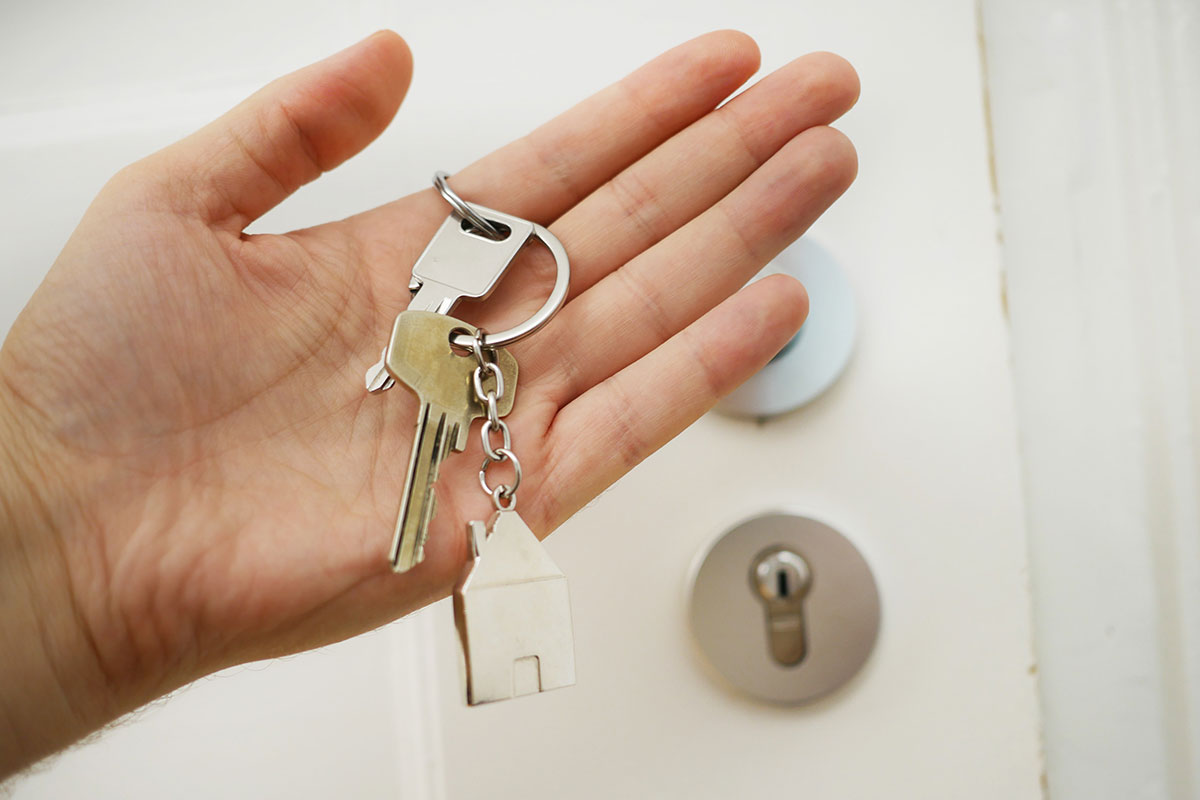How to Calculate Moving Costs
Moving is a part of life for most Americans. The days of buying a house in your hometown and spending the next few decades there are largely over. In fact, on average, someone in the United States will move about 11 times in their lifetime. Moving can be a tough undertaking that’s neither easy nor cheap—the organizing, packing, transport, and manual labor involved to pull off a successful move can be overwhelming.
To make things easier on yourself, there are a few things you can do to streamline your move. One of them is to sketch out a budget and estimate your expected costs. Being able to plan for what you’ll need to set aside financially takes some stress out of the equation and can improve your peace of mind, since you won’t be hit with any surprise expenses during your moving process.
First and foremost when estimating your costs, decide whether you want to use professional moving services. If you live in a large home, have a lot of furniture and possessions, or are moving to a location more than 100 miles away, soliciting movers to help with the packing and transport of your belongings might be a good idea. However, these services don’t often come cheap, and the size and distance of the move can quickly increase the cost, so if you’re on a tight budget, you may prefer to handle the move without paid help (especially if you can recruit friends or family to help share the workload).
If you do choose to use professional movers, start by getting quotes from a few different companies. Depending on the size of your current home and the amount of items to be moved, they can give you estimates based on the date (weekend and summer moves tend to be more expensive), amount of time, and number of movers they think they’ll need. Moving companies also generally offer the option to arrange transport, so be sure to clarify if the estimate includes a moving truck and any fees you’ll be paying for gas costs or travel time. Make sure you understand how each company calculates their price – whether it’s hourly or a flat rate—and what happens if they end up needing more time than was originally accounted for in the estimate.
There are a few other factors to consider when using a professional moving company. As part of your planning, you may want to factor in the cost of a tip. Advice on how to properly calculate a tip can vary, but Moving.com suggests $10 per person for a half-day move (4 hours), $20 per person for an 8-hour move, and $40 per person for a 12-hour move. The moving company may also offer liability and valuation insurance coverage in the event that something goes wrong or damages your belongings. Many companies offer different levels and packages of protection, so be sure to explore these options when requesting quotes.

Once you’ve budgeted the cost of the movers, the next expense you’ll want to consider is the cost of moving supplies. If you choose to leave the loading and unloading to the movers, but do the actual packing yourself, you’ll need to factor in the cost of supplies to properly package your belongings. To start, you’ll need a variety of small, medium and large boxes. Online packing calculators (like this one from Moving.com) can give you an estimate of the number of boxes you’ll need based on how many bedrooms you have, how much stuff you own, and how many people live in your home. If you’re trying to cut costs, you can also check with your local liquor stores, who may have some boxes they’ll give to you for free.
Other supplies you’ll need include packing tape, bubble wrap, packing peanuts or old newspapers, garbage bags and markers. You may also want to consider purchasing furniture and mattress covers to protect from dust, stains and dirt. Visit local home supply stores in your area or browse online to see their prices on supplies – and be sure to compare them to the prices offered by online retailers such as Amazon to make sure you’re getting the best deal.
If you choose to complete your move without any professional help, you’ll save on labor costs but will need to budget for transportation in addition to the cost of your packing supplies. Head to Google to locate facilities in your area where you can rent moving trucks; depending on the magnitude of your move, you can browse various sizes of trucks and see which works best for you. The larger your home, the larger a truck you’ll need and the more you’ll need to budget for this expense. You’ll also need to account for the gas required to drive the truck to your new home and return it with adequate fuel in the tank (and possibly the cost of a thank-you pizza for any friends you can rope into helping you move).
Moving into a new home is both exciting and exhausting. Whether you’re majorly downsizing and moving across the country or simply heading to a new apartment across town, estimating the cost of your moving expenses can take some serious stress out of the experience. Planning ahead of time and taking a look at your finances will help you figure out what professional services you can and can’t afford when moving and will help keep your budget in check as you embark on your new adventure!
Did you already sell your house and need help finding a new home quickly? Or, did you find your dream house and now need to sell your current one? Contact The Azzam Group to help!



